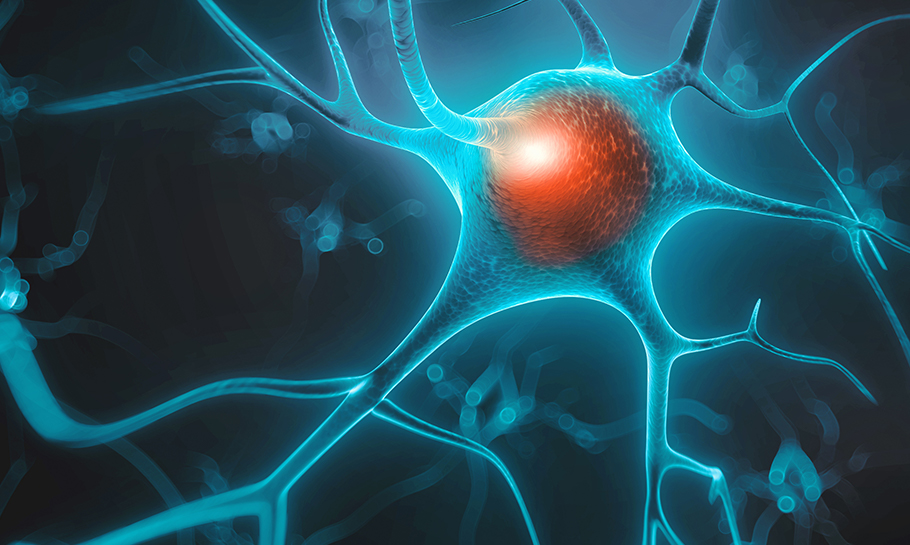About Stroke

A stroke happens when the blood supply to part of your brain becomes reduced. Without oxygen and nutrients, brain cells begin to die. That’s why if you’re having a stroke, you need to call 911 immediately. The sooner you can get help, the better chance you’ll have to reduce brain damage. At SIH, our providers will help you minimize your risk factors to prevent a stroke from happening in the first place.
Here are the three types of strokes you need to know about:
TIA
A Transient Ischemic Attack is an early warning sign that a major stroke may happen. TIA occurs when a blood clot temporarily clogs an artery, which means part of the brain doesn’t get the blood it needs. A TIA is also called a “mini-stroke” and usually causes no lasting damage.
However, TIAs are considered medical emergencies. If you think you’ve had a TIA, call 911 immediately. That’s because about 33 percent of people who’ve had a TIA will have a stroke about 30 days later. If you’ve had a TIA, our providers can work with you to help reduce stroke risk immediately.
Ischemic
Ischemic stroke occurs when a blood vessel supplying the brain is blocked or greatly narrowed. This can happen when fatty deposits build-up along the vessel wall and cause blood to clot. Ischemic stroke is the most common type (87 percent). If treated within three hours from when the first symptoms began, we can use a clot-busting medicine that has been proven to be successful.
Embolic
An embolic stroke is caused by a blood clot or piece of plaque floating in the bloodstream. Typically, it comes from the heart or arteries of the upper chest and neck. After breaking away, the clot goes through the bloodstream to the brain. When it enters a blood vessel that’s too tiny to allow it to go through, the clot becomes stuck. Once it’s stuck, the blood flow to the brain can be blocked.
Hemorrhagic
A hemorrhagic stroke happens when either a brain aneurysm burst or a weakened blood vessel leaked. When blood spills into or around the brain, it causes swelling and pressure. This can damage and kill brain cells.